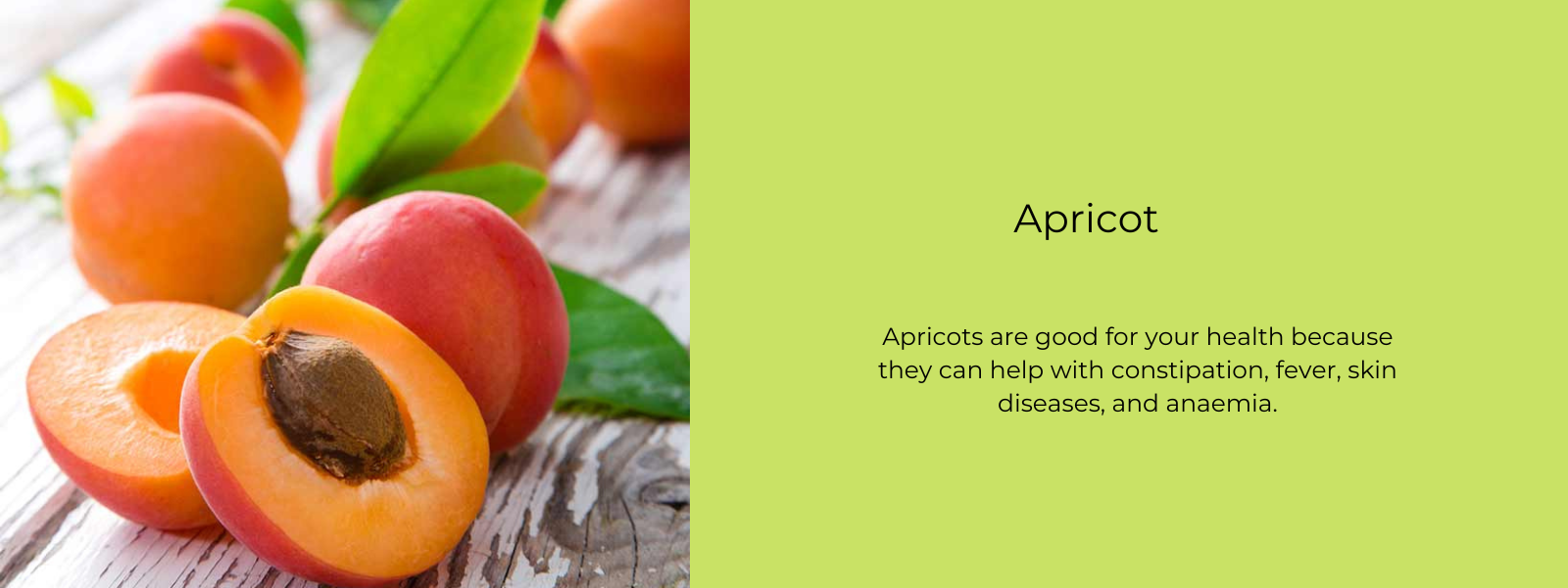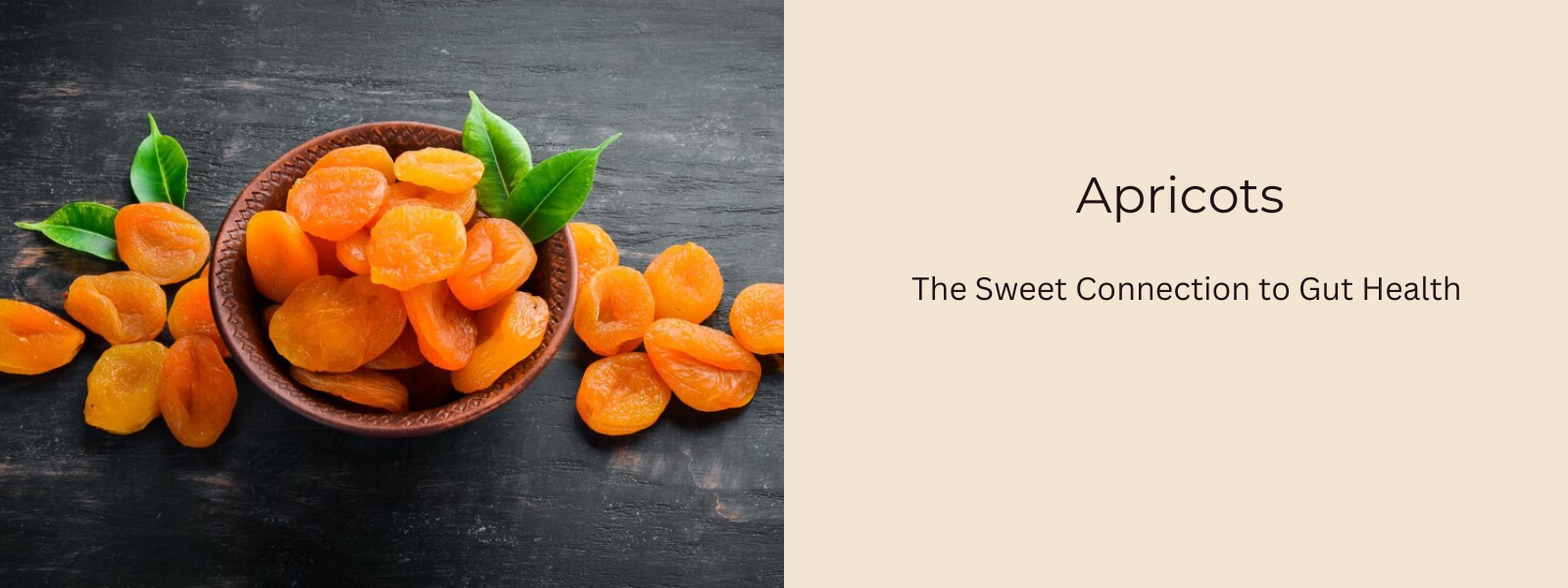Apricots are a valuable source of vitamin A, primarily provided through their beta-carotene content, which the body converts into this essential nutrient. Vitamin A in apricots supports several key aspects of health: it promotes healthy vision by maintaining the function of the retina and preventing conditions like night blindness and age-related macular degeneration. Additionally, it boosts immune function by enhancing the integrity of skin and mucous membranes, which act as barriers against infections, and aids in the production of white blood cells. Vitamin A also contributes to healthy skin by promoting cell regeneration and repair, helping to maintain a youthful appearance and protect against oxidative damage. Thus, incorporating apricots into your diet can significantly benefit overall health and well-being.
Table of Contents
What Makes Apricots Rich in Vitamin A?
Apricots are rich in vitamin A primarily due to their high content of beta-carotene, a type of provitamin A carotenoid. Beta-carotene is a pigment found in orange and yellow fruits and vegetables, which the body converts into vitamin A. Apricots, with their vibrant orange hue, are a good source of this essential nutrient. They also contain other carotenoids, such as lutein and zeaxanthin, which contribute to their vitamin A content.
Health Benefits of Apricots
- Vision Health: The beta-carotene in apricots is crucial for maintaining healthy vision. Vitamin A supports the function of the retina, helps prevent night blindness, and protects against age-related macular degeneration (AMD). Regular consumption of apricots can contribute to overall eye health and reduce the risk of vision problems.
- Immune System Support: Vitamin A plays a vital role in enhancing the immune system by promoting the health of mucous membranes and skin, which act as barriers against infections. Additionally, it supports the production and function of white blood cells, which are essential for combating pathogens.
- Skin Health: Apricots are beneficial for skin health due to their vitamin A content. Vitamin A promotes cell regeneration and repair, which helps maintain a youthful appearance and supports skin elasticity. The antioxidant properties of beta-carotene also protect the skin from damage caused by free radicals and environmental stressors.
- Bone Health: Vitamin A is important for bone growth and development. Apricots provide a moderate amount of this nutrient, which, combined with other vitamins and minerals, supports bone health and helps in maintaining bone density.
- Antioxidant Protection: The carotenoids in apricots, including beta-carotene, lutein, and zeaxanthin, have antioxidant properties that help neutralize free radicals. This antioxidant activity reduces oxidative stress and lowers the risk of chronic diseases such as cardiovascular disease and cancer.
- Digestive Health: Apricots are a good source of dietary fiber, which aids in digestion by adding bulk to the stool and promoting regular bowel movements. This helps prevent constipation and supports a healthy digestive system.
Are Apricots the Highest in Vitamin A Among Nuts?
Apricots are actually fruits, not nuts. While they are rich in vitamin A, they are not the highest in vitamin A among nuts. Nuts such as almonds and cashews are also nutritious but have different nutrient profiles. Apricots are more commonly compared to other fruits and vegetables for their vitamin A content rather than nuts.
Ways to Use Apricots
- Fresh and Raw: Enjoy apricots fresh and raw as a delicious and nutritious snack. Their sweet and tangy flavor is a great addition to a fruit platter.
- Smoothies: Blend apricots into smoothies along with other fruits like bananas, peaches, and a splash of yogurt for a refreshing and vitamin-rich drink.
- Salads: Add sliced apricots to salads for a burst of sweetness. They pair well with greens, nuts, and cheese, creating a delightful contrast of flavors.
- Jams and Preserves: Make homemade apricot jam or preserves by cooking apricots with sugar and lemon juice. This can be used as a spread or a topping for desserts and baked goods.
- Baked Goods: Incorporate dried apricots into baked goods like muffins, bread, or granola bars. Their natural sweetness enhances the flavor and adds nutritional value.
Conclusion
Apricots are a valuable source of vitamin A, thanks to their beta-carotene content. They offer a range of health benefits, including support for vision, immune function, skin health, and digestive health. While not the highest in vitamin A among nuts (since they are fruits), apricots remain a nutritious and versatile fruit. Whether enjoyed fresh, in smoothies, or as part of various recipes, apricots are a delicious way to boost your vitamin A intake and contribute to overall well-being.











Leave a comment